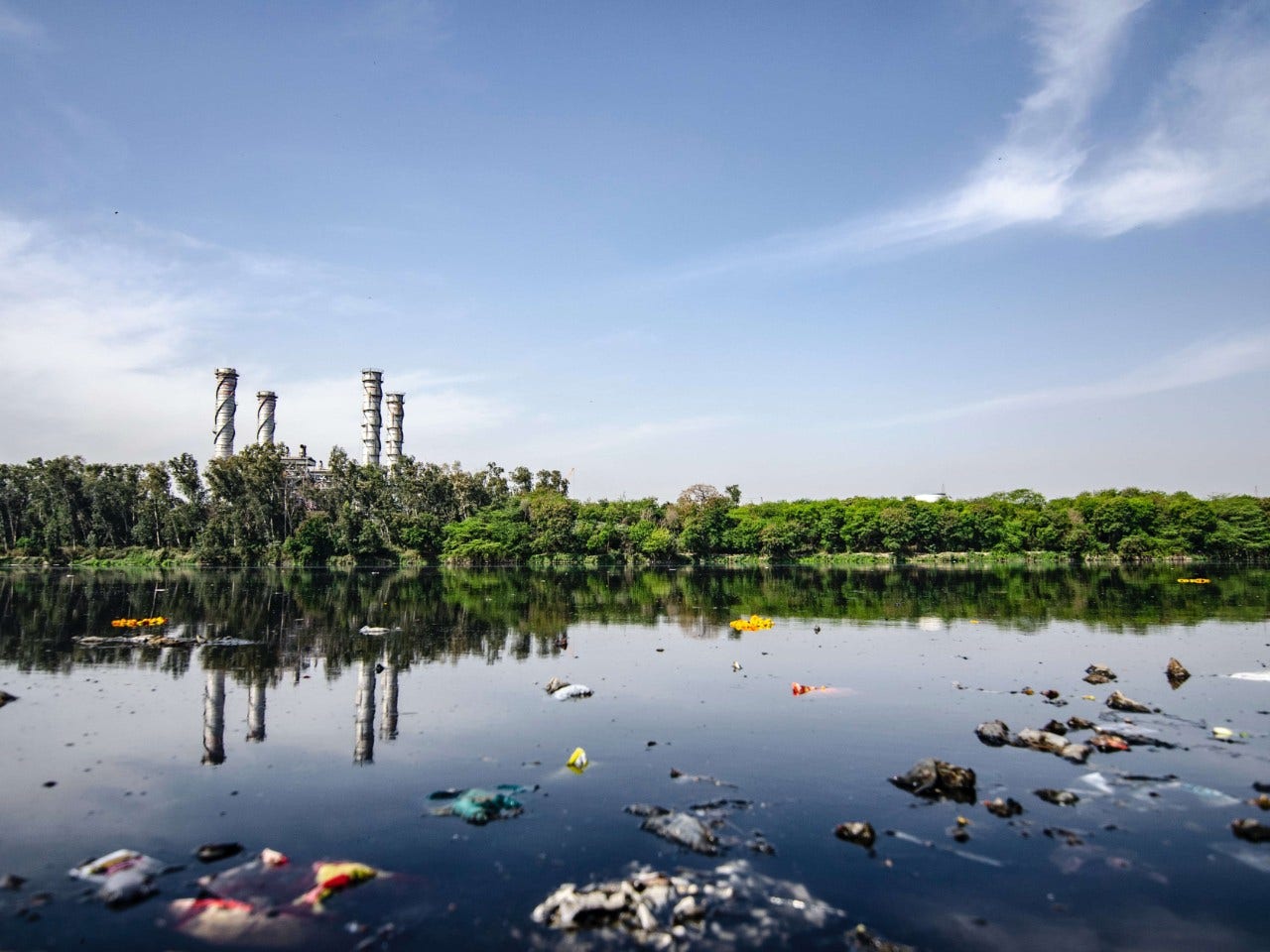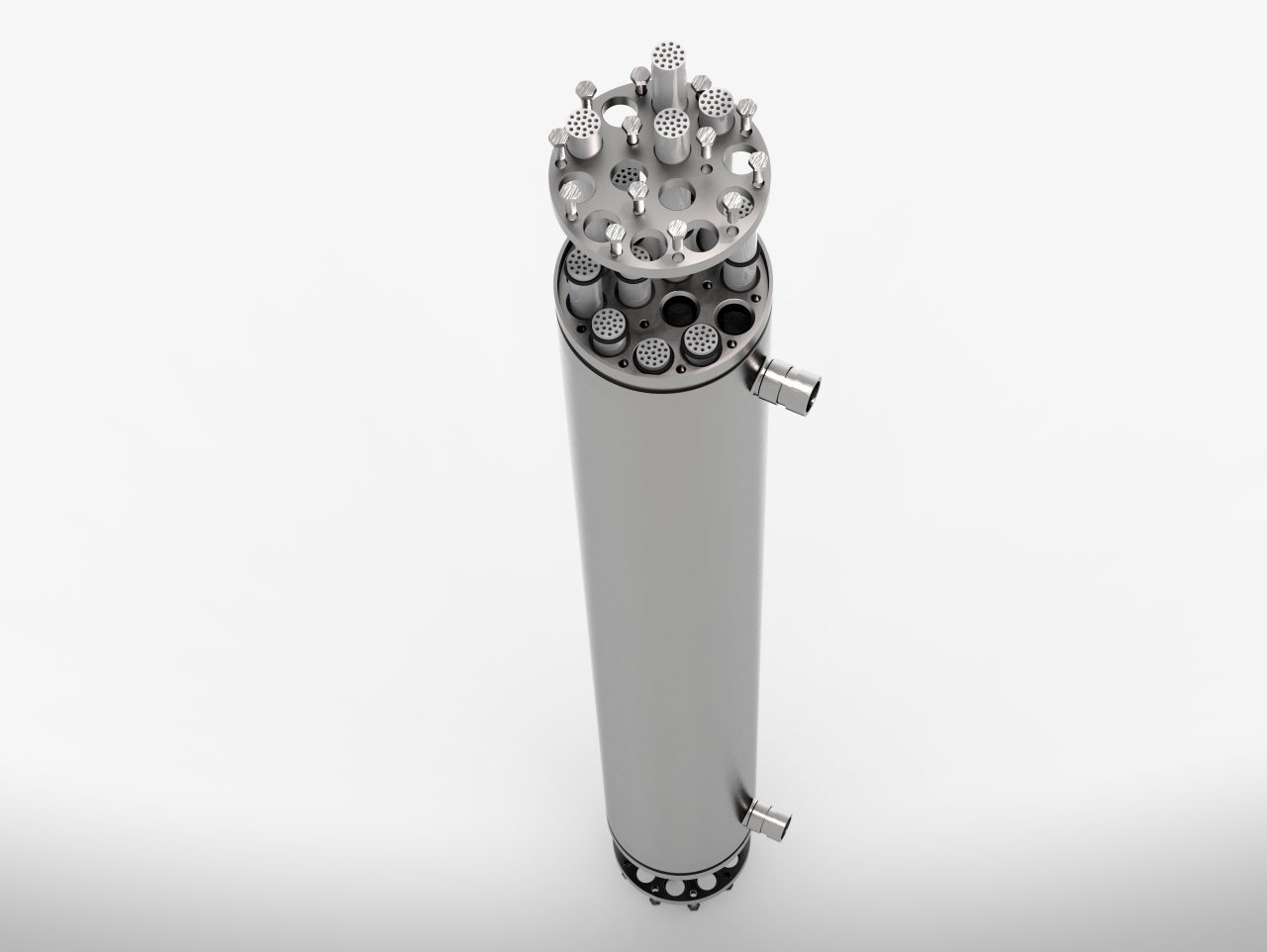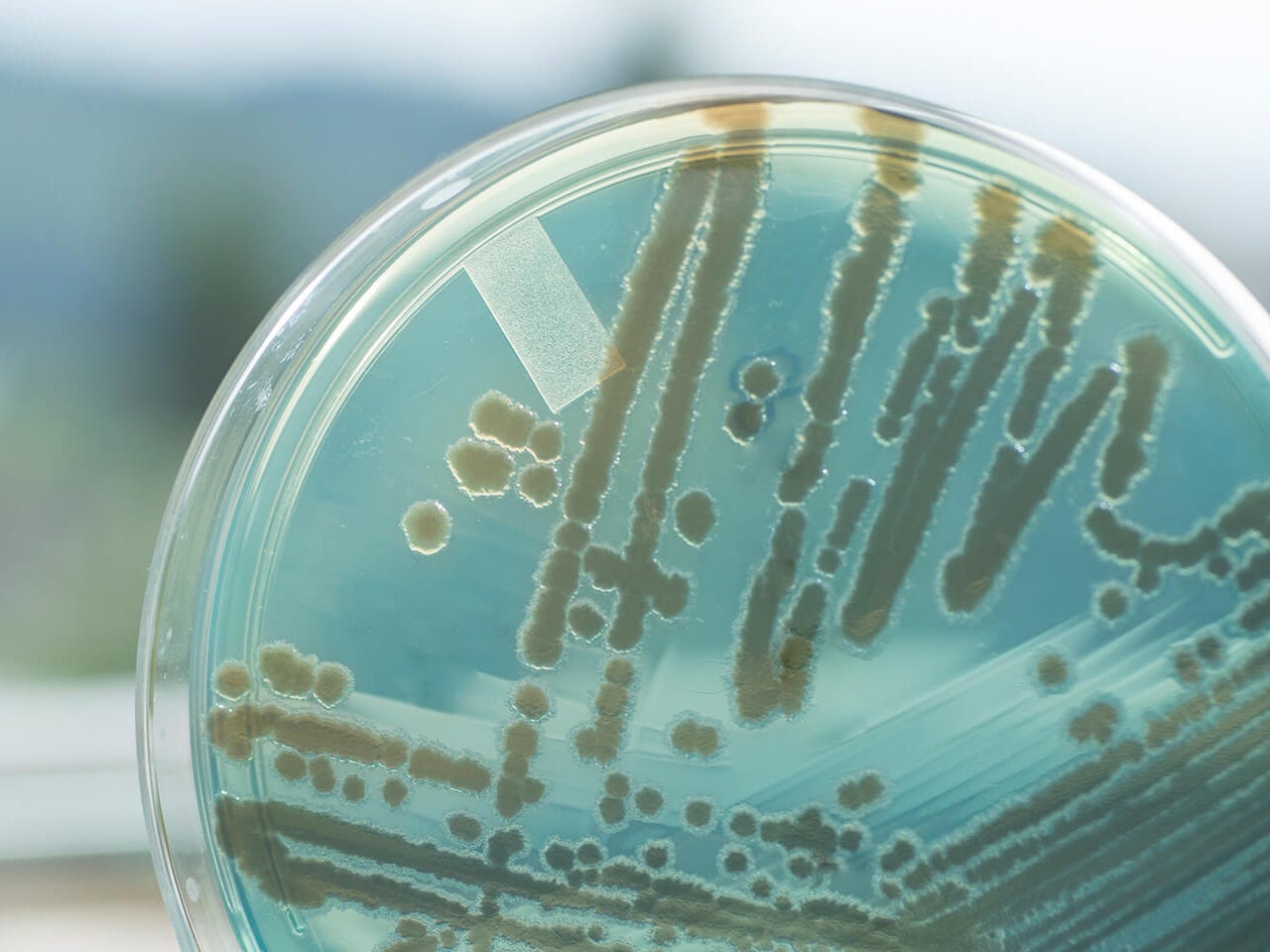Proper disposal and effective management of solid, gaseous, and liquid waste are crucial to enhance the sustainability and quality of life in cities as well as in rural areas. In fact, smart waste management is not just about aesthetics, it's also vital for health and environmental protection. Harmful gases such as volatile organic compounds (VOCs), unpleasant odors, or dangerous particles in water can have a negative impact on the well-being of residents and the environment, or even escalate the risk of explosions. Moreover, if waste management facilities and wastewater treatment systems are outdated and inefficient, waste management can consume a significant portion of the annual budget for municipalities, corporations, or businesses.
We offer our customers a diverse portfolio of solutions for modern waste disposal and reliable waste management. Our products range from cutting-edge molecular filtration for gaseous waste to state-of-the-art membrane technology for liquid waste streams. Our mission extends also beyond protecting people and nature: our comprehensive solutions help companies, businesses, public institutions, and municipalities with delivering their waste processing and wastewater treatment in the most economically efficient and energy-saving way possible.
Key products at a glance:
Waste management and air pollution: Our filter solutions for cleaner air
From integrated municipal waste management solutions right through to industrial and commercial waste disposal, wherever waste originates, it generates gaseous by-products. These include unpleasant odors, moisture and a variety of volatile organic compounds (VOCs), all of which can have a negative impact on air quality. With molecular filter solutions by MANN+HUMMEL, our customers can safely rely on high-performance filters that adsorb potential threats before they escalate into hazards.

- Our molecular filters effectively remove odorous sulfur compounds and toxins, which often serve as the most noticeable by-products in waste management facilities.
- Our molecular filtration prevents corrosion by protecting electrical switching stations in industrial installations against copper and silver corrosion.
- Molecular filters from MANN+HUMMEL lower the risk of explosions: By effectively adsorbing harmful gases from the air, they avoid the creation of potentially explosive environments.
- We simplify the process of monitoring and improving air quality with our innovative digital monitoring platform.
Effective and smart filtration solutions for wastewater management
Wastewater streams require specially tailored solutions due to their unique and intricate nature, which is largely dictated by their origin. The effectiveness of each wastewater, effluent filtration, and sewage sludge treatment depends on several factors including the configuration and separation efficiency of the membranes or filters. Our portfolio offers customized solutions for both new or existing wastewater treatment systems. Utilizing our innovative membrane technology, we can reliably supply customers from all sectors with optimal filtration solutions for wastewater treatment plants that are both easy to install and operate.

- Our membrane bioreactor (MBR) technologies for wastewater treatment are highly efficient and effective because they combine the robustness of conventional plate membranes with the flexible operation of hollow fiber membranes. The outcome? Enhanced stability and smart space efficiency, all while consuming less air.
- We increase the capacity of wastewater systems with customized solutions, strategically designed to cut down costs and energy consumption.
- We provide ultrafiltration membranes and modules specially crafted for membrane bioreactor systems, which consistently outperform traditional systems. Our aim is to ensure cleaner water, while protecting both individuals and the environment.
- We fully leverage our specialized knowledge to deliver optimum solutions. Be it municipal or industrial water treatment, our experts find the most effective water filtration strategies. Our solutions are always customized to meet the unique and individual demands of a diverse range of stakeholders, including OEMs, engineering companies, plant operators, and end-users.
Waste management solutions and wastewater treatment with filtration from MANN+HUMMEL

Solid, liquid and gaseous waste continually pose new challenges to industries and municipalities. As one of the world’s leading filter manufacturers, we support our customers by continuously discovering enhanced solutions for modern waste management and safe wastewater filtration. For over eight decades, we have been separating the useful from the harmful. At more than 80 locations worldwide, we develop innovative filters, reverse osmosis (RO) membranes, and other filtration solutions for a cleaner planet. We simplify smart air quality monitoring for our customers, prevent sewer wear with innovative products, boost the efficiency and efficacy of existing waste management systems with our add-on filters and membranes, and continuously seek solutions for new systems. We also specialize in the field of water recycling.
Are you interested in cutting-edge filtration products for ensuring cleaner air and cleaner water in waste management facilities? Do you want to effectively remove VOCs, bacteria, and other threats from air and water resources? And would you like to achieve this while effectively managing finances and ensuring resilience, even during times of crisis?







